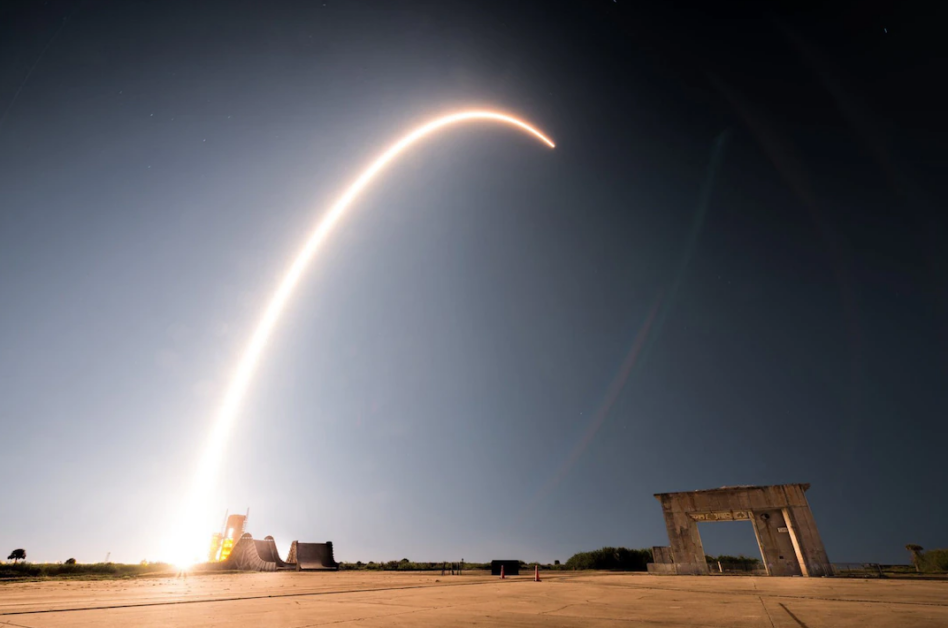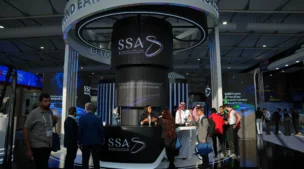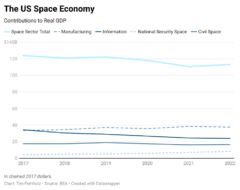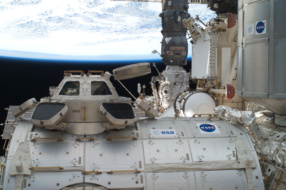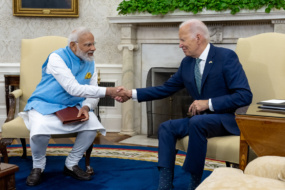The National Defense Authorization Act (NDAA) passed in the House on Tuesday night. The final version of the must-pass defense bill was edited and eliminated language about creating a Space National Guard. The bipartisan bill is now with the Senate, where it is expected to pass before landing on POTUS’s desk to be signed into law.
The highlights: In all, the bill authorizes $768B in defense spending for FY 2022. It would allow funds to be used for:
- Reviewing and declassifying Space Force (USSF) programs
- Relocating the US Space Command office from Colorado Springs to Huntsville, Alabama
- A report from DoD on the National Security Space Launch (NSSL) program, including cost information and analysis on how it is increasing innovation
- Prioritizing NSSL launch services when possible—but also building out the tactically responsive launch program, which allows USSF to quickly sign launch deals with the private sector
- Transitioning the Space Development Agency from USAF to USSF
Payload’s takeaway: USSF’s 2nd bday is in just over a week. There’s still a lot to figure out, with regards to how the new branch sits within the wider US defense firmament.
